This article is brought to you by StatBanana, the best Overwatch strategy tool.
On Feb. 11, 1990, an undefeated Mike Tyson squared off against underdog Buster Douglas for the boxing heavyweight championship. By all accounts, Tyson’s victory was certain until a 10th-round knockout by Douglas and announcer Jim Lampley’s cries of “and down goes Tyson” heralded one of the biggest upsets in boxing history. Thirty years later, the fight is still iconic and so is Lampley’s line.
Casters, analysts, and hosts help bridge the gap between audience and action. Their voice bleeds in with visual and audio cues during the match and they’re tasked with simultaneously narrating, analyzing, and building onto the sense of nonstop action present in the competition.
The same principle follows into esports. Key members of the Overwatch League’s broadcast talent have been with the OWL since its inception and quickly became integral parts of the franchise. Their commentary, jokes, and personality end up blending organically with the competition and become an integral part of its essence. But some of these important figures are moving on from the Overwatch League, creating a talent exodus that’s causing many fans to question the future of the league.
Five members of the Overwatch League’s talent staff have announced their departure in the past two weeks alone and the reasons behind their decisions encompass a wide range of themes that vary between personal choices, creative differences, and salary offers.
Here’s what each caster has said about their departures so far.
Christopher “MonteCristo” Mykles
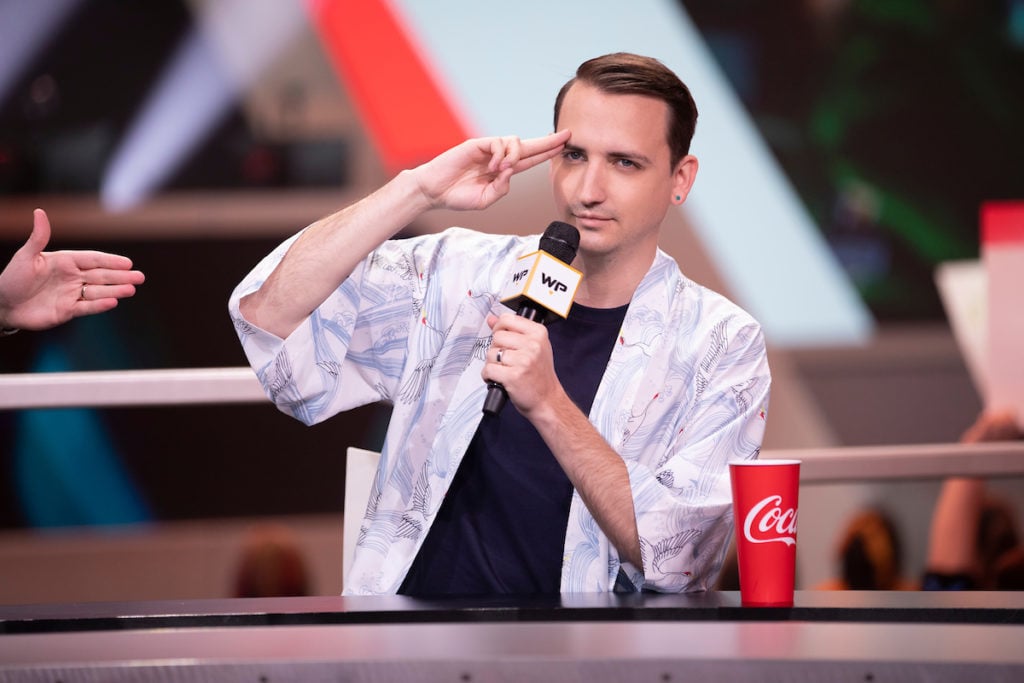
The ever-vocal MonteCristo announced his exit on the last day of 2019. MonteCristo said that the departure of former Overwatch League commissioner Nate Nanzer caused “irreconcilable creative and philosophical differences between myself and the league’s current leadership” and that “all parties will be better served by parting ways.”
He elaborated on those claims in an interview with The Washington Post, saying that “there wasn’t a really good, unified vision behind the aesthetic and the tone of the Overwatch League,” a role he considered was occupied predominantly by Nanzer. “Nate leaving was really hard because he was the linchpin of understanding the game and the audience,” MonteCristo said.
Chris Puckett
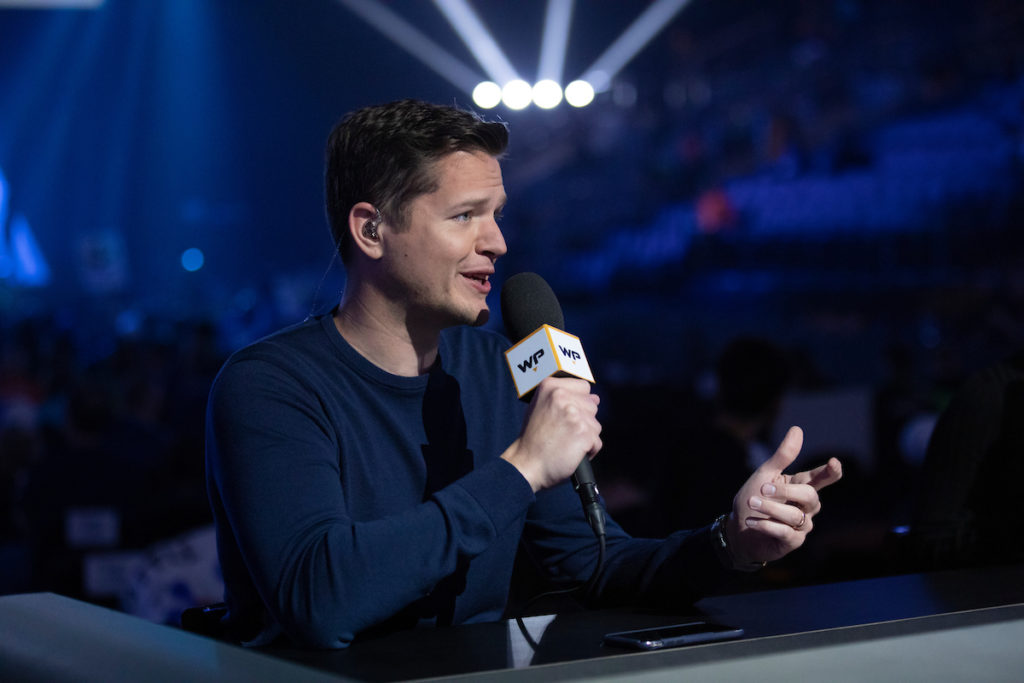
Puckett’s departure was motivated by his home life. The former host decided to follow his wife Molly after she obtained a promotion that landed the family back in New York City. “Unfortunately, that means I won’t be on the West Coast to host the Overwatch League for a third season,” he said in a Twitter video.
With his new freelance situation, Puckett will have more time to “get back to some roots” and some of the games he “truly loves,” such as Halo and Call of Duty. He also mentioned he wants to “dive deep” into titles like Rocket League and Apex Legends and “enjoy the competitive scene.”
Erik “DoA” Lonnquist
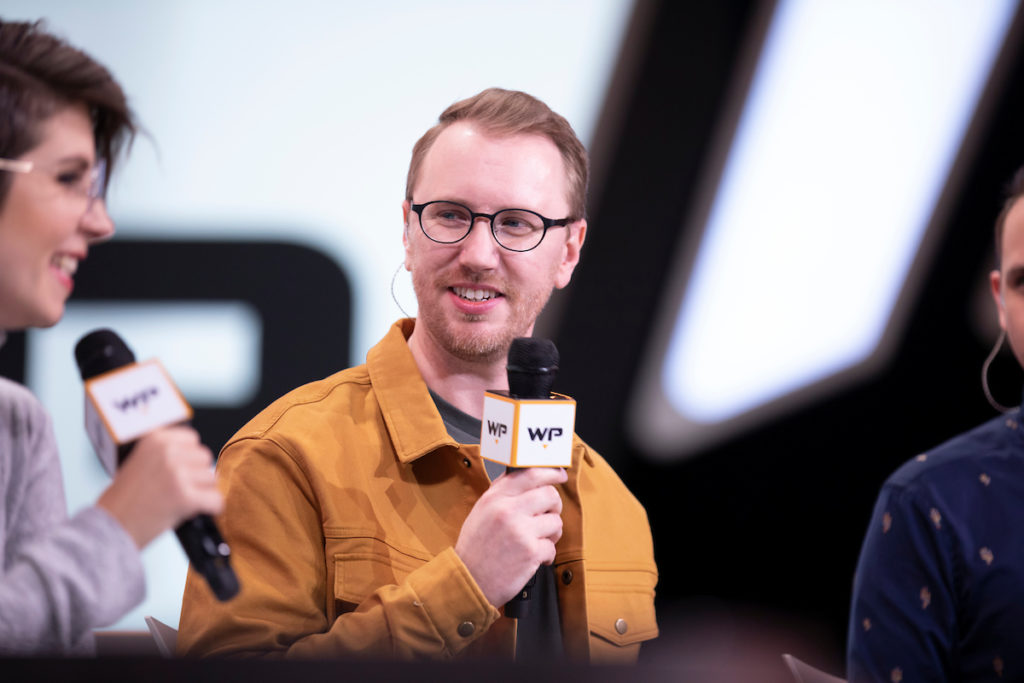
The veteran caster withdrew shortly after his longtime desk partner MonteCristo left the league. DoA’s contract ended in 2019 and he opted not to renew it for the league’s 2020 season, citing “some of the League’s decisions over the last year in terms of creative direction, management, and resistance to input from veteran esports personal” as factors that made him reconsider his relationship with the OWL.
Shortly before leaving, DoA said that he “absolutely” shared MonteCristo’s reservations toward the league, but that he was still “totally in love with the game in general.”
In an interview with ESPN, DoA said that he’ll dedicate himself to other games, but that he doesn’t discard the idea of working with the Overwatch League again. “I really love the concept of what the League is trying to do, just the way they’re going about doing things right now just unfortunately didn’t jive with me and the direction I saw for myself within the league, so it was time to go,” he said.
His plans for what he called the “freelance hustle” include getting involved with “as many games as I can, help as many broadcasts as I can, and just kind of go back to enjoying some of the games I enjoyed before.”
Auguste “Semmler” Massonnat
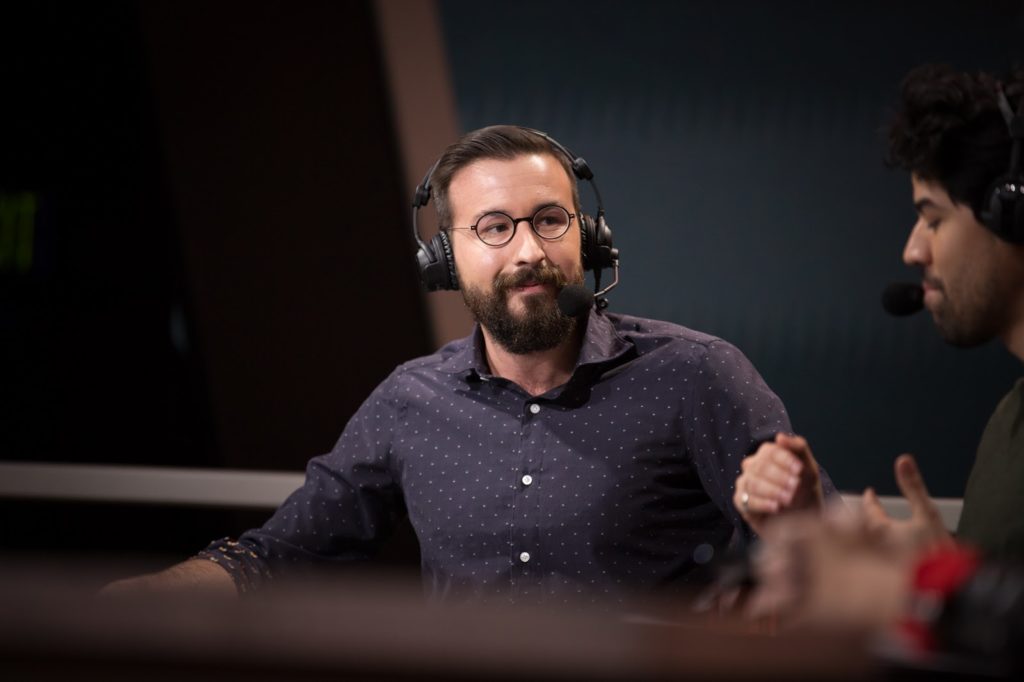
The former CS:GO caster made a harmonious exit from the Overwatch League. The driving force behind his decision wasn’t his salary or disagreements with Blizzard, but the visceral changes that happened to Overwatch since the beginning of its esports scene. He said that “the game has to speak to you if you’re a caster,” and due to some meta changes and rising compositions, the title just wasn’t speaking to him anymore.
“The game just changed,” Semmler said in an interview with The Loadout. “If you’ve watched me cast Counter-Strike, you’ll know I like to get excited and hyped, but also that I don’t fake it. But that was getting more and more difficult in Overwatch.”
“The game has changed so radically since the first season and when we first started out, there were more options for mechanical skills and big plays,” Semmler said. “I felt like it was still possible to carry a team pretty hard individually but that’s harder now after the last two years. It slowed the game down so much that it became difficult for me to cast it.”
Malik Forté
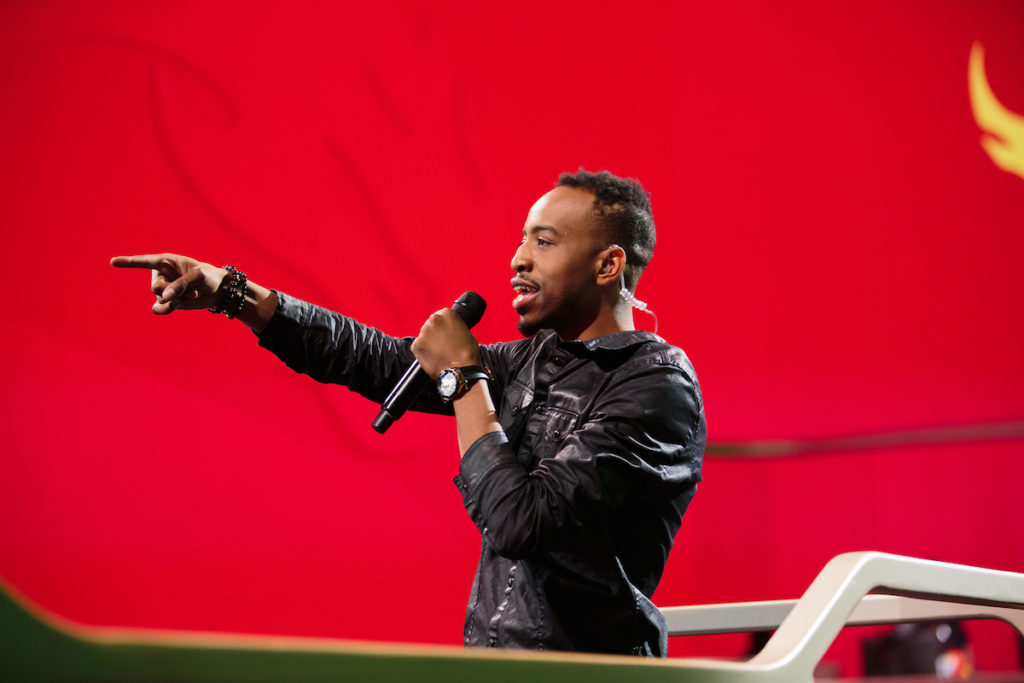
Forté was the latest person to drop out of the Overwatch League before its 2020 season. The caster expressed his dissatisfaction with Blizzard’s salary offer. In an email to Kotaku, he said that he and the company “never reached a number that made sense for me to continue on.”
“I can speak for myself and say that, after years of being a part of this community, traveling the world, interacting with fans, making shoulder content, advertisements that ran on national television, and lots of hard work—I was expecting a little more than what was proposed for 2020,” Forté said.
The former host will start 2020 going back into freelancing and “working on a couple of projects that you’ll hear about soon.” He’s turning his passion for hip hop to 11 this year. He wants to be “at the forefront” of the integration between hip hop and video games and aims “to facilitate a seamless cultural exchange between the video games and hip hop worlds.”


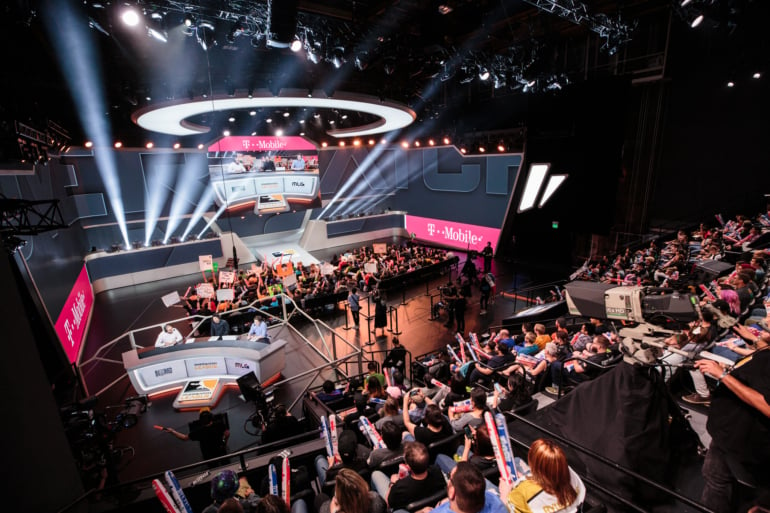

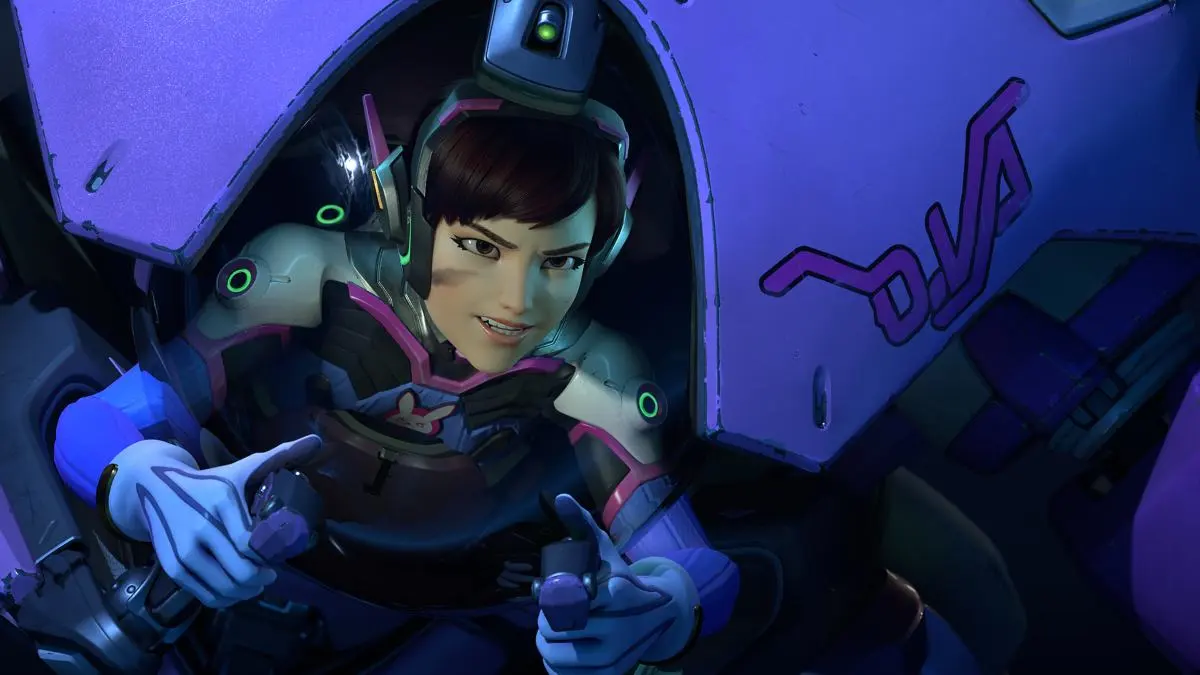
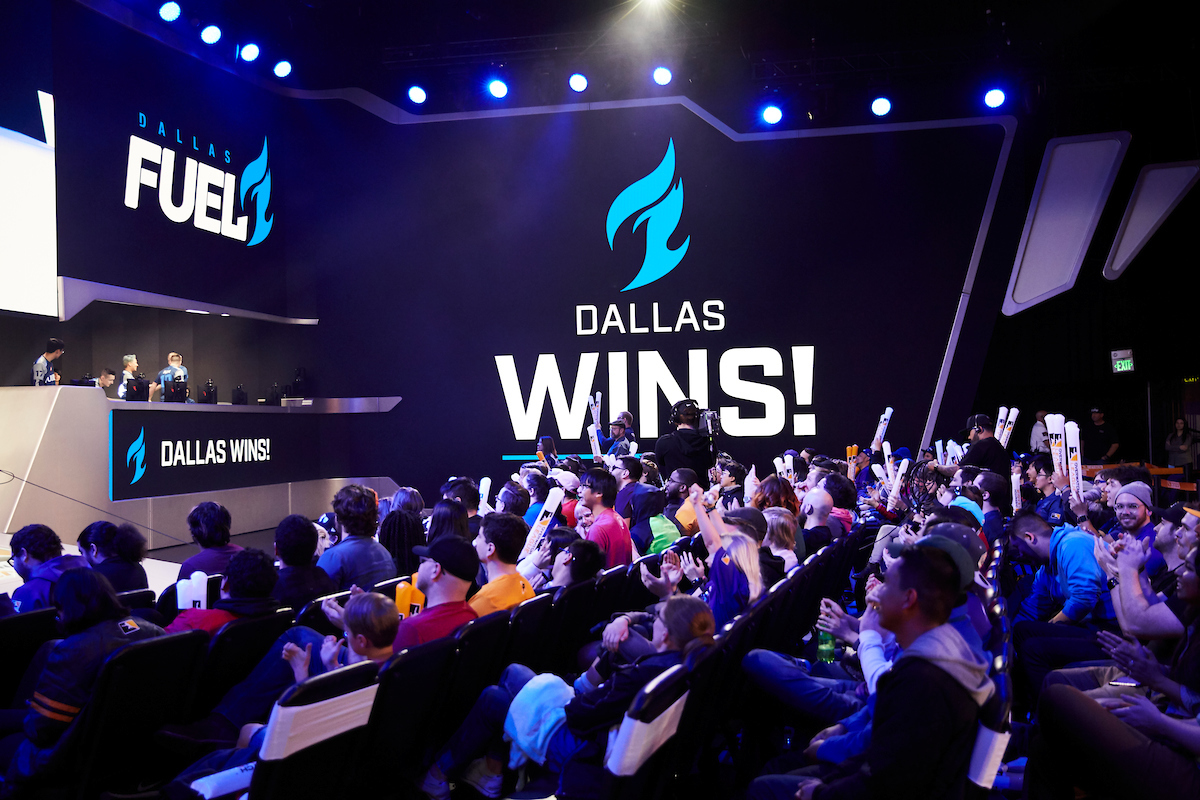
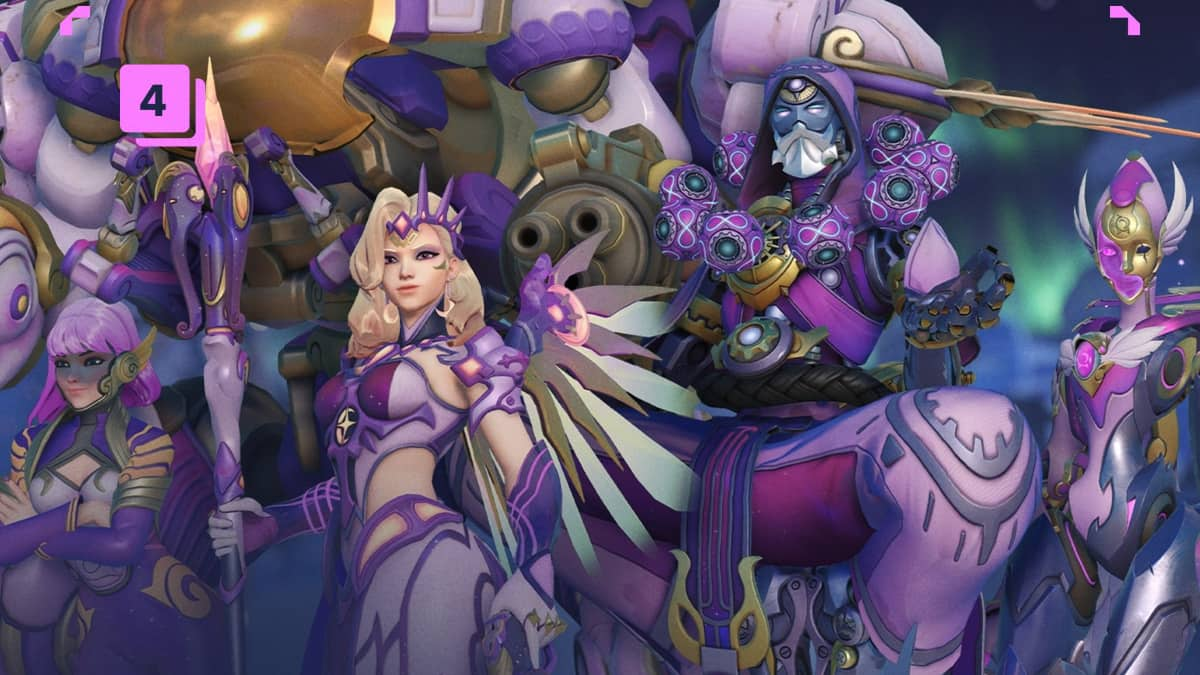

Published: Jan 14, 2020 05:28 pm